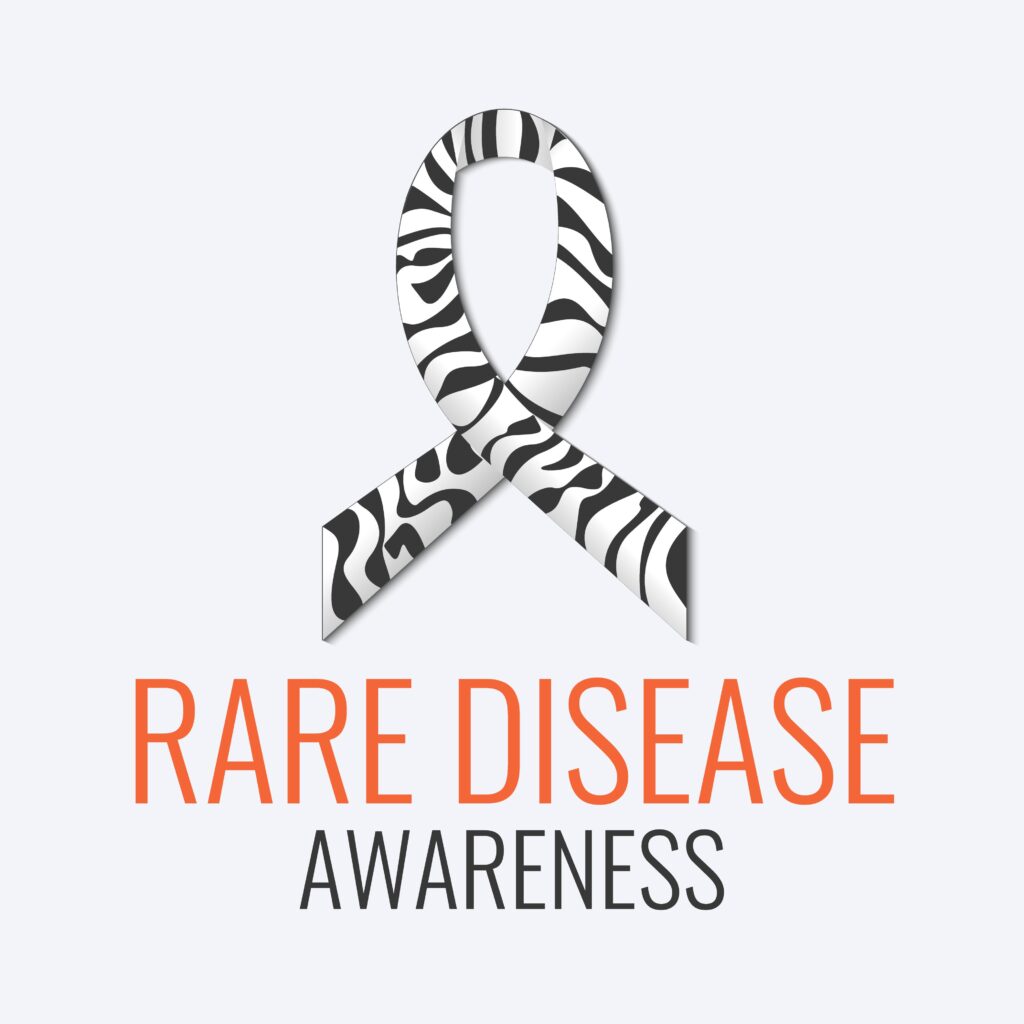The Central Government on Monday notified the National Health Policy for Rare Diseases, allocating Rs four crore to the All India Institute of Medical Sciences (AIIMS) whilst approving an estimated Rs 25 crore for the year 2021-22 exclusively dedicated to rare diseases.

Rare diseases, despite the rarity the term implies, are a life-changing and, unfortunately, life-ending issue for millions of people across the globe. Despite this they are among the most neglected diseases affecting humanity. Rare diseases cumulatively affect around 350 million people worldwide. This figure includes roughly seventy million individuals in India.
Criticisms have long been abundant regarding the minor degree of attention paid to the issue within both health budgets and policies in India. According to Rarediseaseday.org “India does not have [a] definition for rare diseases. [The] Government of India has no public policy on Rare Diseases or on Orphan Drugs. It is further compounded by lack of trained doctors or diagnostic labs etc. There are no incentives to [the] Indian pharma industry to develop Orphan Drugs.”
The submissions by the Centre were made in an affidavit filed before Justice Prathiba M. Singh to finalise and notify the National Health Policy for Rare Diseases and to set up a National Consortium for Research, Development and Therapeutics (NCRDT) for rare diseases.
The Union Ministry of Health and Family Welfare noted in its affidavit that “…manufacturing of drugs will be done by public and private sector pharmaceutical companies and further the approvals for new drugs are provided by Drugs Controller General of India under the New Drugs and Clinical Trial Rules, 2019.” It went on to refer back to the fact that rare diseases patients are provided treatment under the umbrella scheme of Rashtriya Arogya Nidhi (RAN), which is a specific scheme for poor patients living below threshold poverty line.
“Therefore, the amount marked under the RAN cannot be used for research due to an existing approved mandate. It is further submitted that the fund raised through crowdfunding, is to be utilised firstly for the treatment of rare diseases and further funds can be made available for research also after meeting treatment cost,” it said.
Given the reliance on previous funds for direct funding of research — as well as the suggestions for the use of crowdfunding — the new announcement may face criticism. Previous Bills, such as the National Policy for Rare Diseases, 2020 Bill, have been criticised thoroughly by advocacy groups arguing that – in many cases – the Bill offers no support to those affected at all. This allocation of finances may, at the very least, draw praise from advocacy groups in that it is attempting to provide financial support to those affected.

